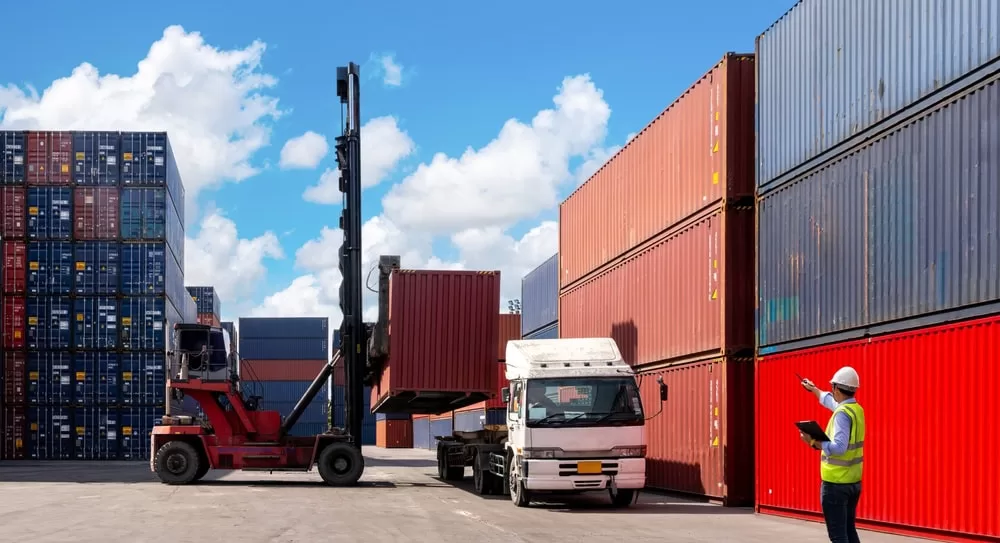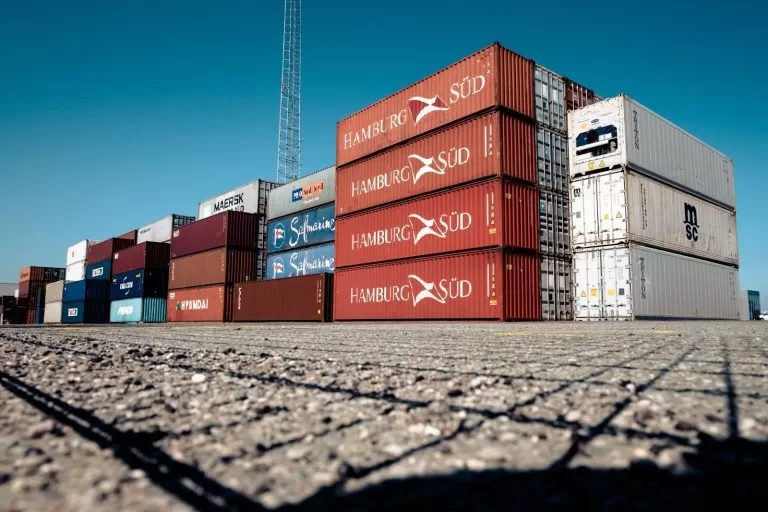How to optimize container loading with advanced FCL shipping services?
For many businesses, efficient logistics isn’t just a necessity—it’s a matter of profit or loss. FCL shipping services remain a popular choice for companies looking to move goods on a large scale. At HTD International Logistics, we recognize that optimizing container loading is crucial to reducing transportation costs, maximizing space utilization, and ensuring every shipment arrives on time.
FCL Shipping Services: The Basics of Container Load Optimization
FCL Shipping Services are at the heart of an optimized container load strategy. Efficient complete container load services begin with understanding the dimensions and specifications of containers, which vary in size, weight capacity, and design. The process involves careful planning, accurate measurement, and strategic arrangement of cargo to optimize the use of available space. In a typical off-the-shelf scenario, containers come in standard sizes—the most common being 20-foot and 40-foot containers—each with its own volume and weight capacity.
To load a container efficiently, the physical dimensions of the cargo and the weight distribution within the container must be taken into account. Advanced FCL services utilize digital tools and software that enable logistics managers to simulate various loading configurations before any work begins virtually. These tools help determine the best way to load cargo, ensuring that space is fully utilized without exceeding weight limits or creating imbalances that could cause damage during transportation.

Leveraging technology for efficient load planning and management
The advent of digital technology has undeniably revolutionized container loading operations. Today, modern FCL services increasingly rely on sophisticated software solutions that not only provide detailed simulations but also enable real-time monitoring of the container loading process. As a result, these technological advances empower logistics companies to seamlessly transition from traditional manual methods to data-driven, automated systems that efficiently optimize every aspect of load planning.
At the heart of this technological change is load planning software, which uses algorithms to determine the best cargo arrangement within a container. The software can generate multiple loading scenarios, highlighting the most efficient configuration by inputting the dimensions, weight, and specific handling requirements of each piece of cargo. Additionally, this approach minimizes wasted space, reduces the likelihood of cargo damage, and ensures compliance with weight distribution regulations.
Strategic cargo placement for maximum capacity
A key aspect of container loading optimization is the strategic placement of cargo within the container. Effective FCL services employ technology that maximizes container capacity while ensuring the safe transportation of cargo. This involves a careful balance between maximizing volume utilization and maintaining stability throughout the transport process.
One of the primary strategies for cargo arrangement is to divide the container into distinct areas based on the nature of the cargo. For example, heavier items are usually loaded at the bottom of the container to provide a stable base. In contrast, lighter and more fragile items are placed on top to prevent damage. This careful division enhances loading stability and optimizes weight distribution, which is crucial for avoiding cargo shifting and potential accidents during transportation. Additionally, FCL Shipping Services frequently utilizes modular loading technology to achieve flexible configurations. Modular loading utilizes standardized containers or pallets that operators can easily rearrange to accommodate the cargo’s specific dimensions.

Strengthening Loading Security and Complying with Regulatory Standards
Ensuring cargo safety during transportation is a top priority for any logistics business, especially regarding container transportation. FCL services must optimize container loading for efficiency and adhere to strict safety and regulatory standards. This dual focus on loading security and compliance is essential to protecting cargo and maintaining a smooth, uninterrupted shipping operation.
One of the key elements of cargo security is the implementation of advanced strapping and securing technology. Modern FCL services use specialized materials to secure cargo within containers. These tools are essential to prevent cargo from shifting during transport, which could result in damage, safety hazards, and even regulatory penalties. In addition to physical securing methods, compliance with regulatory standards is also critical. Different regions and routes may have specific requirements for weight distribution, cargo securing, and container integrity.
Streamline documentation and communication for operational efficiency.
Logistics teams ensure smooth operations by maintaining clear communication and producing accurate documentation. In full container load (FCL) shipping, they analyze real-time data to make quick, informed decisions and coordinate complex loading and transport tasks. Teams prepare and manage essential documents, such as packing lists, load orders, weight distribution reports, compliance certifications, and customs paperwork, to meet regulatory requirements and maintain operational efficiency. Many advanced FCL shipping services implement digital solutions to automate these documentation tasks. Using integrated software, logistics teams generate, store, and share critical documents instantly. This digital approach allows warehouse supervisors, customs agents, and other stakeholders to access accurate, up-to-date information in real time, which significantly reduces human error and accelerates the shipping process from start to finish.
Optimizing FCL Shipping Services for a Sustainable Future
Optimizing container loading with advanced FCL Shipping Services is a multifaceted process that requires a combination of technical expertise, innovative technologies, and strategic planning. HTD International Logistics’ approach to FCL Shipping Services reflects our commitment to continuous improvement and operational excellence. It highlights how efficient container loading can significantly save costs, improve safety, and reduce environmental impact. At HTD International Logistics, we take pride in providing advanced FCL services that enable our customers to optimize container loading and achieve their logistical and ecological goals.


